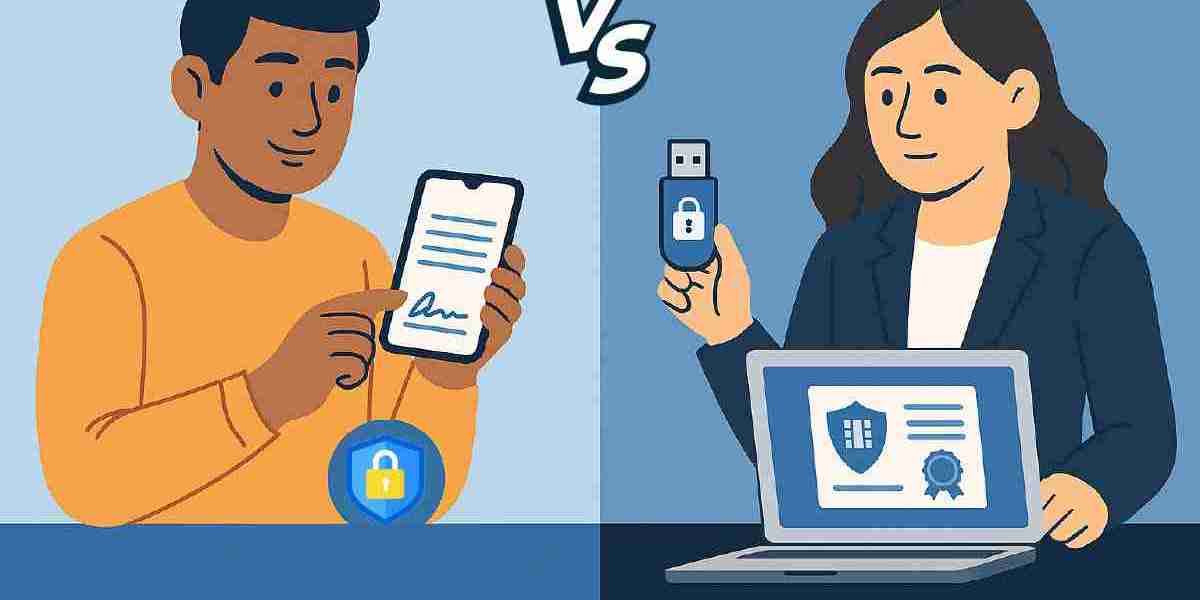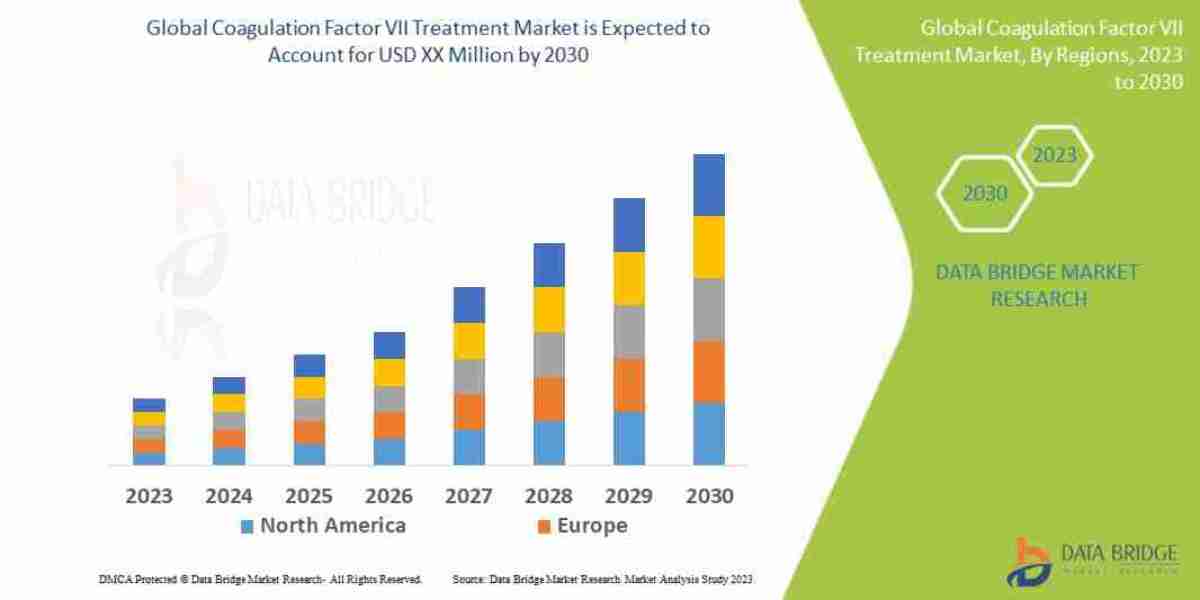Have you ever been in a situation where you needed to sign a document immediately, but did you travel or work from home? In the old days, it would mean printing, hand signing, scanning and sending it back. Fortunately, with a digital signature, you can do so with a few clicks, so you can eliminate the pen and paper requirement. However, when it comes to digital signatures in India, two general alternatives are revealed: Aadhaar eSign and DSC symbols (digital signature certificate tokens).
However, you can use both methods to sign your documents digitally, but these are for different users and needs. So, how do you decide if Aadhaar eSign is right for you or if you should go with DSC? Well, in this blog, you will get the answer.
The Rise of Digital Signatures
Digital signatures have become essential in our online lives. Whether you are a freelancer sending contracts, a business owner filing taxes, or a student submitting forms, at some point, you will need to digitally sign your document.
Both DSC and Aadhaar eSign Online services help you to prove your identity instantly and securely. These help you to ensure that no one has tampered with your documents so that you can maintain the authenticity of the signer.
This brings us to the two most popular options available in India: Aadhaar Based eSign and DSC Token.
Aadhaar eSign: Secure, Fast, and Online
If convenience is your top priority, then Aadhaar eSign might be your best friend. As the name suggests, this method allows you to sign a document by using your Aadhaar number and an OTP sent to your registered mobile number.
You don’t need to install any software, instead, you can sign your documents in just a few clicks under 60 seconds.
Aadhaar Signature Verification is perfect for people who:
Want to sign a document quickly
Don’t want to deal with technical setups
Use digital signatures occasionally
The whole process happens online. You upload the document, enter your Aadhaar number, verify using OTP, and boom—your document is signed. It’s especially useful for signing things like rental agreements, loan forms, or basic business contracts.
But there is a catch: the Aadhaar eSign Online is only valid for a short period (just for that one-time use), and it may not be accepted in every situation.
DSC Token: Trusted and Professional
On the other hand, we have DSC Tokens. These are physical USB devices that store your digital signature certificate, which is issued by a government-authorised Certifying Authority.
They offer a higher level of security and are widely accepted for official and legal purposes. It is especially beneficial if the stakes are high.
You’ll commonly see DSCs used by:
Chartered accountants
Company directors
Lawyers
Business owners who file taxes or tender for government contracts
Unlike Aadhaar eSign Service, a DSC has a longer validity period—usually 1 or 2 years. Once it’s set up, you can easily use it again and again. However, it’s not plug-and-play. You’ll need to install drivers and software to use it, and you’ll always need the token plugged into your computer when signing a document.
Which One Is Right for You?
Honestly, the answer depends on how you plan to use your digital signature.
Let’s say you’re a freelancer who occasionally needs to sign agreements or invoices. You don’t want to spend extra on a USB token or go through complicated setups. In that case, Aadhaar eSign is a great fit.
But if you are a professional handling government filings, legal paperwork, or frequent digital transactions, the DSC Token is more reliable. It’s not just about security—it’s also about compliance, as certain government websites (like the Ministry of Corporate Affairs or GST portal) only accept DSCs.
Final Thoughts
Digital signatures are no longer a luxury—they’re a necessity in the digital age. But not all signatures are the same. Knowing the difference between Aadhaar eSign and DSC Token can save you time, money, and frustration.
If you are just getting started or you occasionally need a signature, then Aadhaar Based eSign is the best option for you. It’s simple, fast, and accessible from anywhere. I hope you will find this blog helpful, and if you still have any questions then you can talk to us.








